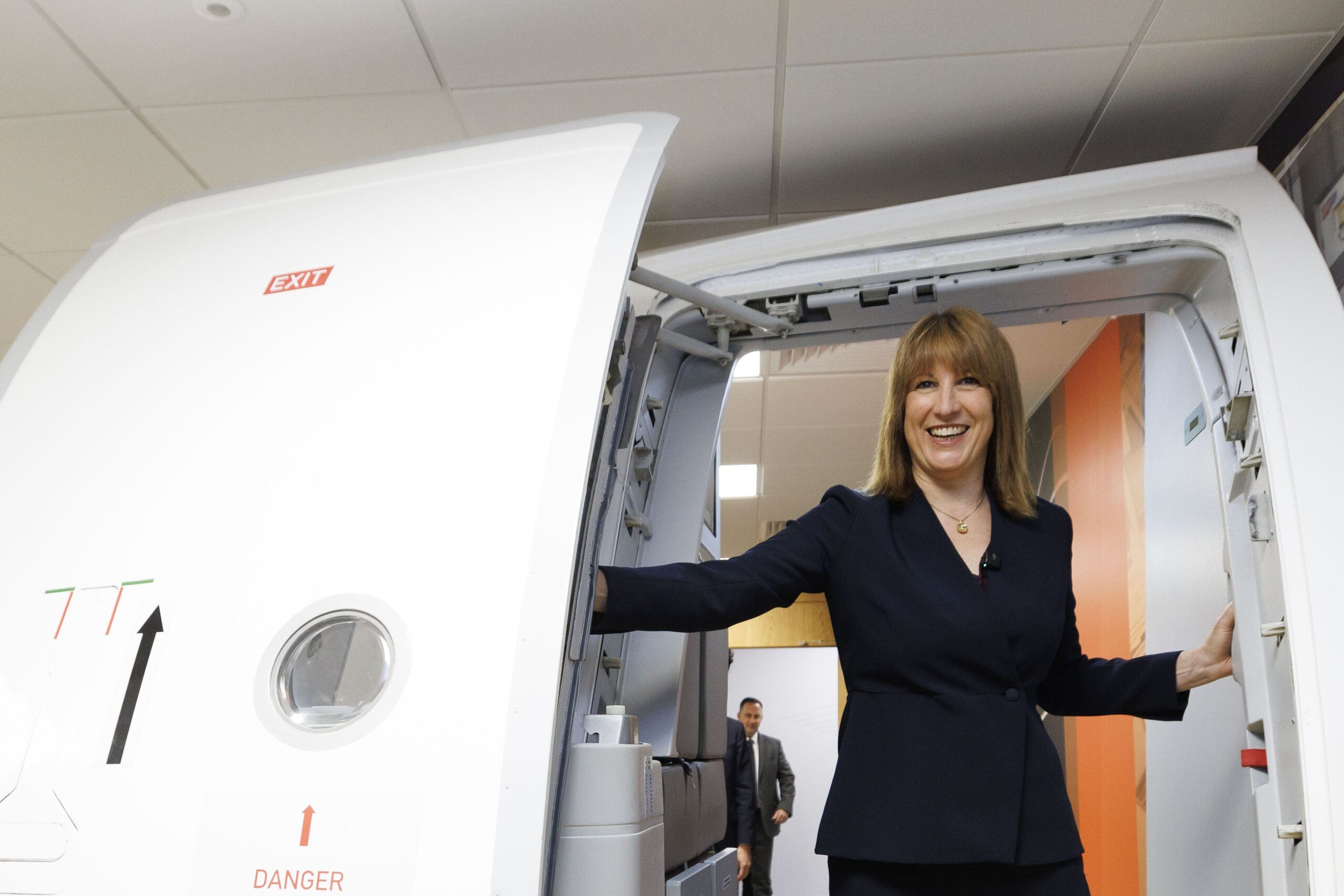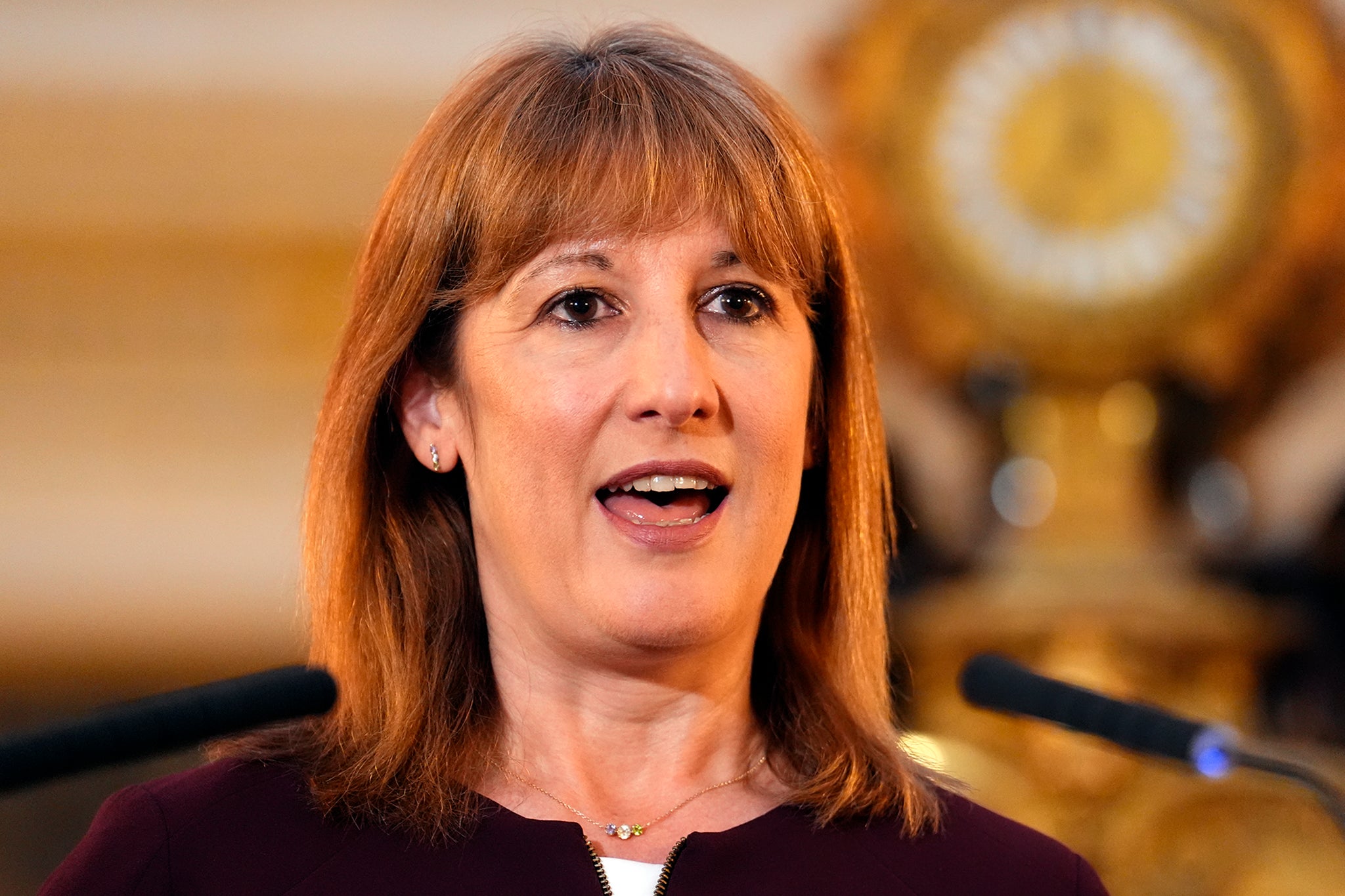Rachel Reeves has been urged by a leading think tank to raise income tax while cutting national insurance in November’s Budget, a move that would hit landlords and pensioners hardest.
The Resolution Foundation says the chancellor could raise £6bn with a 2p cut in national insurance, matched by a 2p rise in income tax, which would create a “level playing field” and protect workers’ pay.
The call comes days after experts warned tax rises were “inevitable” in the wake of new figures which showed government borrowing had soared, the latest in a long list of blows for the chancellor.

Ms Reeves is facing increasing pressure to rescue the UK’s troubled finances in the Budget, amid warnings she must cut public spending or raise levies to plug an economic black hole left by Labour U-turns, higher borrowing and sluggish economic growth.
The think tank says the changes would help tackle “unfairness” in the tax system, as income tax is paid by more people, including pensioners and landlords.
But the change would provide only some of the £20bn of tax rises the think tank estimated would be needed by 2029-30, thanks to a combination of increased borrowing costs, lacklustre growth and new spending commitments.
Adam Corlett, principal economist at the Resolution Foundation, said cutting national insurance and increasing income tax “should form part of wider efforts to level the playing field on tax”.
Other proposals put forward by the think tank include increasing the tax on dividends, addressing a “worrying” growth in unpaid corporation tax from small businesses, applying a carbon charge to longhaul flights and shipping, and expanding taxation of sugar and salt.
It also proposed gradually reducing the threshold at which businesses pay VAT from £90,000 to £30,000, saying this would help “promote fair competition” and raise £2bn a year by 2029-30.
Mr Corlett added: “Policy U-turns, higher borrowing costs and lower productivity growth mean that the chancellor will need to act to avoid borrowing costs rising even further this autumn. Significant tax rises will be needed for the chancellor to send a clear signal that the UK’s public finances are under control.

“Any tax rises are likely to be painful but given the fallout from the recent employer national insurance rise, the chancellor should do all she can to avoid loading further pain onto workers’ pay packets.
“She can do this by switching our tax base away from employee national insurance and onto income tax, which is paid by a far broader group in society. This should form part of wider efforts to level the playing field on tax, such as ensuring that lawyers and landlords face the same tax rates as their clients and tenants.”
The government has repeatedly insisted that it will keep its manifesto promise not to raise income tax, national insurance or VAT.
But the chancellor will face a difficult balancing act when she delivers her Budget on 26 November in trying to meet that pledge while also sticking to the rules she has set herself on borrowing.
While the Resolution Foundation estimated Ms Reeves would need to raise taxes by £20bn, others have suggested the figure could be as high as £51bn.
